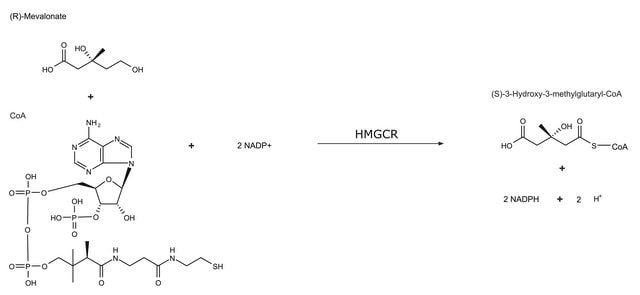ABS2108
Anti-HMG-Lysine
from rabbit
Synonym(e):
3-hydroxy-3-methyl-glutary-Lysine
About This Item
Empfohlene Produkte
Biologische Quelle
rabbit
Antikörperform
affinity isolated antibody
Antikörper-Produkttyp
primary antibodies
Klon
polyclonal
Speziesreaktivität (Voraussage durch Homologie)
all
Verpackung
antibody small pack of 25 μL
Methode(n)
western blot: suitable
Isotyp
IgG
Posttranslationale Modifikation Target
unmodified
Allgemeine Beschreibung
Spezifität
Immunogen
Anwendung
Zelluläre Signaltransduktion
Western Blotting Analysis: A 1:500 dilution from a representative lot detected HMG-Lysine in HMG-BSA conjugate (Courtesy of Dr Kristin Anderson from Duke University).
Qualität
Western Blotting Analysis: A 1:500 dilution of this antibody detected HMG-Lysine in HMG-Lysine-BSA conjugate.
Zielbeschreibung
Physikalische Form
Lagerung und Haltbarkeit
Sonstige Hinweise
Haftungsausschluss
Not finding the right product?
Try our Produkt-Auswahlhilfe.
Analysenzertifikate (COA)
Suchen Sie nach Analysenzertifikate (COA), indem Sie die Lot-/Chargennummer des Produkts eingeben. Lot- und Chargennummern sind auf dem Produktetikett hinter den Wörtern ‘Lot’ oder ‘Batch’ (Lot oder Charge) zu finden.
Besitzen Sie dieses Produkt bereits?
In der Dokumentenbibliothek finden Sie die Dokumentation zu den Produkten, die Sie kürzlich erworben haben.
Unser Team von Wissenschaftlern verfügt über Erfahrung in allen Forschungsbereichen einschließlich Life Science, Materialwissenschaften, chemischer Synthese, Chromatographie, Analytik und vielen mehr..
Setzen Sie sich mit dem technischen Dienst in Verbindung.






